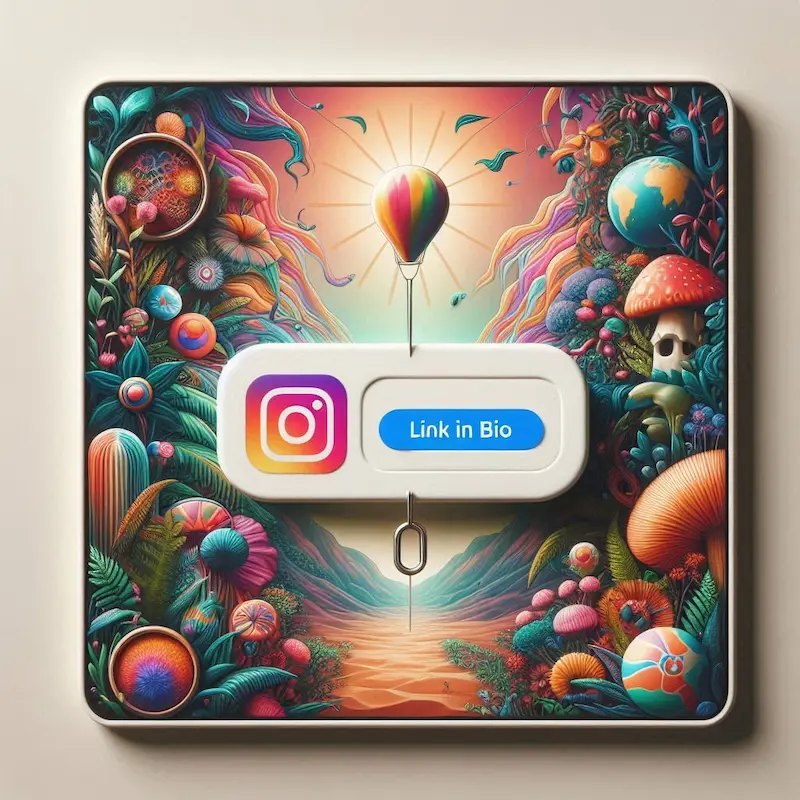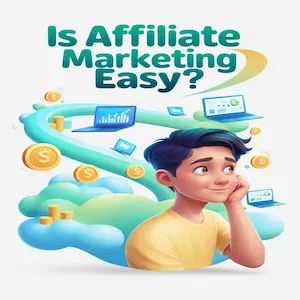How Do I Start Affiliate Marketing?
Picture this: you want to dive into the world of affiliate marketing, but the thought of building and managing a website feels like climbing Mount Everest without training. Relax. You don’t need a fancy domain or a full-blown blog to get started. In fact, with the right strategies and tools, you can launch your affiliate marketing journey today — no website required.
Let me guide you through actionable steps, sprinkled with clever tricks and tools, so you can earn commissions without touching a line of HTML.
Affiliate Marketing Without a Website: Is It Even Possible?
Yes, absolutely! The digital world is your oyster, and there are countless platforms and strategies available to start earning as an affiliate. Think of platforms like social media, email marketing, and even YouTube as your digital storefronts.
Here’s why skipping the website doesn’t mean skipping success:
- Cost-Effective: No need to spend on domain registration, hosting, or design.
- Faster Setup: You can start promoting products almost immediately.
- Versatile Options: You can tap into various platforms to reach your audience directly.
Step-by-Step Guide to Start Affiliate Marketing Without a Website
1. Leverage Social Media Platforms
Social media isn’t just for scrolling memes or stalking old classmates. It’s a goldmine for affiliate marketers. Platforms like Instagram, TikTok, and Facebook allow you to reach thousands — even millions — of potential buyers.
Tips for Success:
- Pick a Niche: Whether it’s fitness, tech gadgets, or budget travel, stick to a specific niche.
- Create Engaging Content: Post tutorials, reviews, or personal experiences with the products you’re promoting.
- Include Affiliate Links: Use tools like Linktree or Milkshake to organize your affiliate links and include them in your bio.
2. Email Marketing Is Your Friend
You don’t need a website to collect emails and market directly to your audience. Services like ConvertKit and Mailchimp make building email lists a breeze.
How to Get Started:
- Create a free lead magnet, like an eBook or a checklist, related to your niche.
- Use platforms like Canva to design it beautifully.
- Share it via social media or online communities.
Pro Tip: Ensure your emails are value-packed. For instance, if you’re promoting skincare products, share tips for healthy skin alongside your affiliate links.
How do I get my first affiliate sale?
Does TikTok have an affiliate program?
3. Utilize YouTube
If you love talking (or showing off your skills), YouTube is a fantastic platform. Create videos reviewing products, sharing tutorials, or even unboxing items.
Why YouTube Works:
- Videos build trust faster than text.
- You can include affiliate links in the description.
- Evergreen content keeps earning long after you hit publish.
Content Ideas:
- “Top 5 Budget-Friendly Tech Gadgets You Need in 2024”
- “How This $20 Tool Changed My Skin Forever”
4. Join Forums and Communities
Online forums and communities like Reddit, Quora, and Facebook Groups are brimming with people looking for recommendations. Be the helpful, knowledgeable friend they need.
How to Contribute Without Spamming:
- Answer questions genuinely, offering value first.
- Seamlessly integrate your affiliate links when relevant.
- Build a reputation as a trusted contributor.
Key Tools to Boost Your Affiliate Marketing Success
Even without a website, tools can amplify your efforts:
- Bitly: Shortens and tracks your affiliate links.
- Canva: For creating stunning visuals to share on social media.
- Affiliate Networks: Join networks like Amazon Associates, ShareASale, or ClickBank to find products that resonate with your audience.
E-commerce Marketing Strategies
FAQs
1. Can I succeed in affiliate marketing without technical skills?
Absolutely. Platforms like Instagram, YouTube, and email services are beginner-friendly and don’t require coding skills.
2. How can I ensure my affiliate links are trusted by the audience?
Be transparent. Always disclose that you’re sharing affiliate links and explain how they support your content.
3. Are there any downsides to not having a website?
While not having a website saves time and money, you might face challenges in building authority. However, consistently providing value on other platforms can mitigate this.
Conclusion
Starting affiliate marketing without a website isn’t just possible — it’s practical. Whether you’re leveraging social media, building an email list, or creating YouTube content, there are endless opportunities to thrive.
So, what’s stopping you? Pick a platform, find a niche, and start sharing affiliate links like a pro. The online world is waiting for your expertise.


